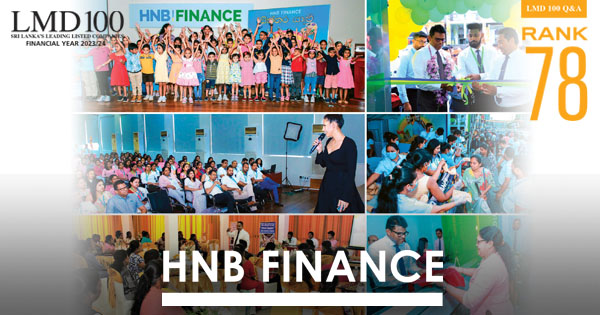BOARD BALANCE | 2023/24
THE GENDER SCORECARD
Gender parity is crucial for organisational success but systemic barriers remain

Imagine a business landscape where women and men thrive equally. The reality is that we are far from achieving this ideal because women continue to face formidable barriers in the workplace including unequal pay and under-representation in leadership roles.
Bridging this gap is essential – not merely as an act of fairness but as a strategic move that can elevate businesses and inspire innovation.
The latest Women in the Workplace study by McKinsey & Company reveals that women now hold 29 percent of C-suite positions, which is an impressive improvement over the past decade.
Moreover, the study emphasises that “companies with more women in leadership benefit from greater innovation, healthier cultures and stronger performance. And in addition to offering valuable skills and perspectives, women leaders inspire the next generation of women to make their mark.”
However, the pathway for women in the workplace is not as robust as these numbers suggest. Despite progress in leadership, women are still less likely than men to be hired for entry level roles, leading to bias from the outset.
Promotion statistics are also concerning: for every 100 men promoted to manager in 2024, only 81 women gained promotions.
Deloitte’s Women @ Work 2024 report highlights persistent challenges for women including exclusion, burnout and mental health issues, alongside heavy childcare and domestic responsibilities.
The report reveals that while 75 percent of women aspire to secure senior leadership positions, a quarter do not, citing unfavourable workplace culture, concerns about unequal pay and the belief that advancement is unattainable.
These statistics underscore the need for organisations to promote gender equality.
In Sri Lanka, the struggle for gender equality remains pronounced with women facing structural barriers and cultural stereotypes that limit workplace opportunities. The gender pay gap serves as a clear indicator of these persistent inequalities.
The ILO’s April 2024 study on Sri Lanka’s gender pay gap reveals that it is higher than the global average (around 20%) as well as that of other lower middle income countries.
And the World Economic Forum’s (WEF) Global Gender Gap Index 2024 highlights a concerning decline for Sri Lanka, now ranked 122 of 146 countries – down from 115th in 2023. This places the country behind Bangladesh (No. 99) and Nepal (117), but ahead of Bhutan (124), India (129), the Maldives (132) and Pakistan (145).
A closer look at the sub indices reveals Sri Lanka’s standings in economic participation and opportunity, educational attainment and political empowerment – at 127th, 49th and 123rd respectively. This underscores the challenges to achieving gender equality.
The Sri Lanka Labour Force Survey for the first quarter of 2024 also unearths a troubling decline in female labour force participation, which dropped to 29.6 percent from a steady rate of around 33 percent in previous years.
In contrast, the employment rate for men stands at 67.2 percent (more than double that of women) while unemployment among women rose to 7.4 percent, up from seven percent in the same period in the prior year.
On a more positive note, among Sri Lanka’s leading listed companies, two LMD 100 corporates have boards comprising a majority of women (i.e. over 50%), which is consistent with the previous year.
Additionally, 14 boards now feature female representation ranging from 26 to 50 percent – this represents a notable increase from a mere 10 percent in the prior year.
However, 26 companies on the LMD 100 list have all male boards of directors.
An analysis conducted for financial year 2023/24 within the LMD 100 framework assessed the number and share of directorships held by women across 14 business sectors including banking, consumer services, energy, insurance, retail, and food, beverage and tobacco.
Despite progress, there remains considerable scope to achieve a more balanced gender mix on the boards of Sri Lanka’s LMD 100 corporations through anti-discriminatory human resource policies, and a stronger focus on diversity, equality and inclusion.







